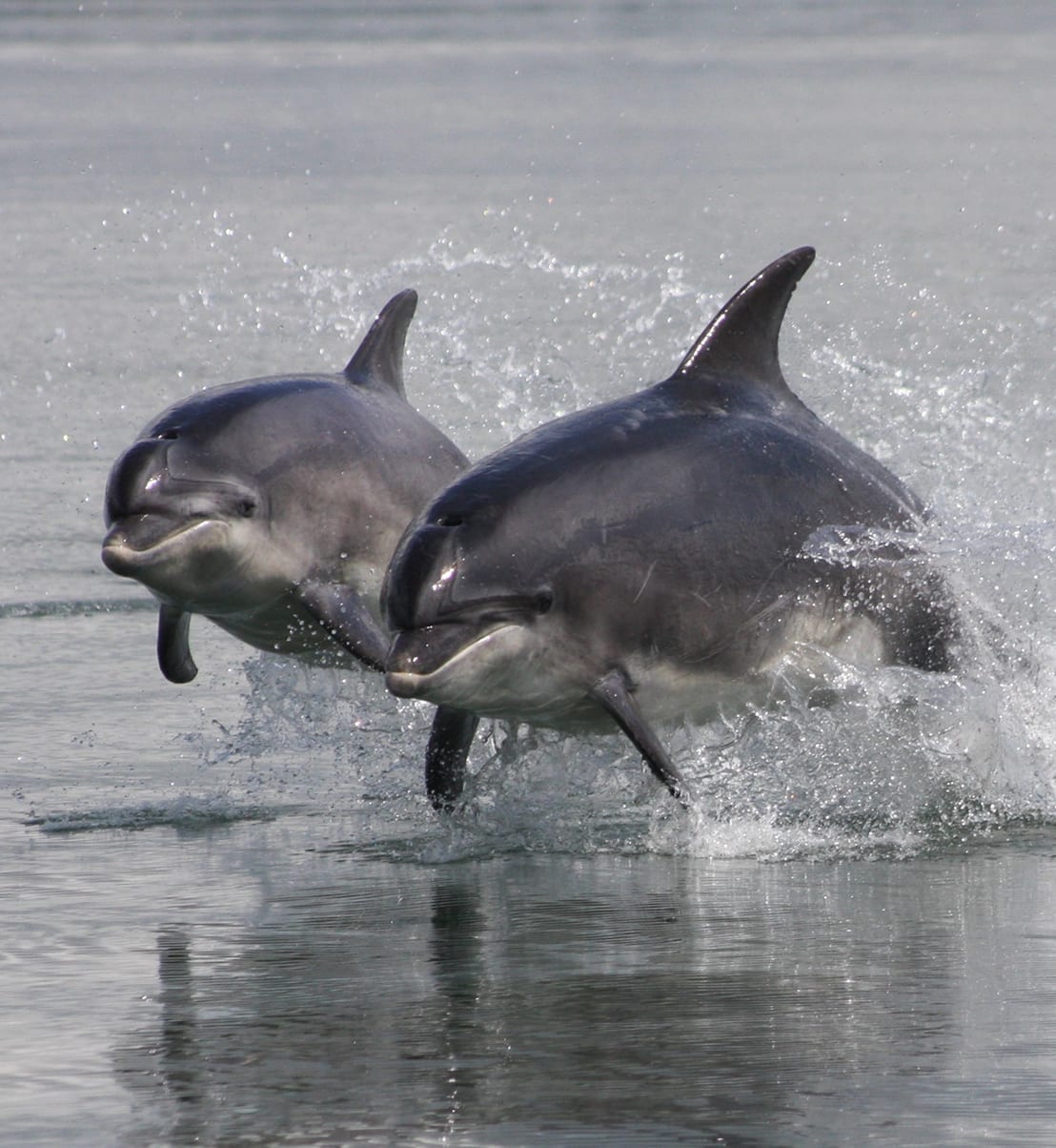Frequently Asked Questions
First and most importantly we are a conservation NGO (Non-Governmental Organisation). We are also a registered charity (No. CHY11163) and a limited company.
IWDG was founded in December 1990, granted charitable status in December 1999 and registered as a limited company in September 2000.
Ireland offers some of the best opportunities to see cetaceans in their natural habitat, either from land or at sea. There are many tour boat operators across the country, notably in Cork, Kerry and Clare. For land-based watching, you can check out the sighting tool for sites near you using the species, location and time filters.
Of course! You have to be a member of IWDG to sail on Celtic Mist, and you can find out how to join here
We are always delighted to welcome new members to IWDG, find out more here .
Our membership is a broad base of researchers, whale watchers, students, and marine conservationists who are passionate about cetaceans. Membership also gives you first refusal and opportunities to take part in interesting projects and field work.
By delivering the sighting and stranding schemes, which offer a baseline of validated data that informs conservation managers, researchers etc. on best practice. We also carry out research, education and public outreach to inform the members of the public,
Click on the Report a Stranding link and complete as much information as possible along with image(s) if taken. If the animal is still alive, please contact your local National Parks and Wildlife ranger for advice on the best action to take.
Click on the Report a Sighting link and complete as much information as possible with image(s) if taken.
We have a range of field guides and publications to help members of the learn more about cetacean identification and field skills. We also carry our workshops, and our annual All-Ireland Whale Watch day, so keep an eye on our events page.
If you have a good pair of binoculars or a spotting scope, get out to a good (safe) vantage point such as a headland on a calm weather day with calm seas and scan the distant horizon. The more often do the better you’ll get at spotting the cues that suggest the presence of cetaceans and the more you’ll see. Please remember to report your sightings to us!

